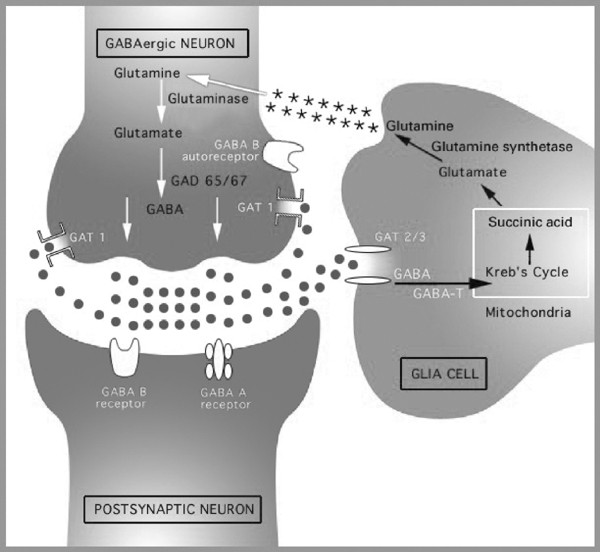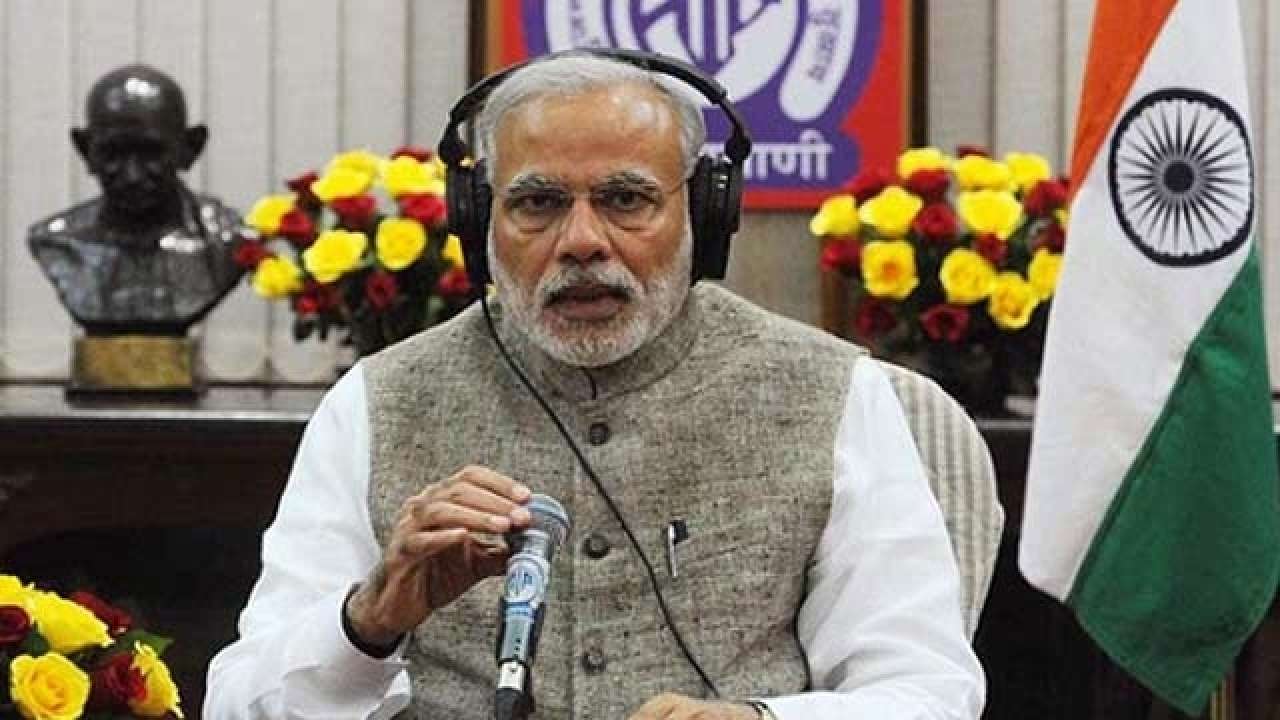- Select a language for the TTS:
- UK English Female
- UK English Male
- US English Female
- US English Male
- Australian Female
- Australian Male
- Language selected: (auto detect) - EN
Play all audios:
Sir, Martin Kelleher's recent article about his experience with the GDC will, I'm sure, cause great consternation amongst our dental colleagues.1 The GDC bought a case against Mr
Kelleher after the patient made a complaint when she was obviously unhappy with his diagnosis of phantom bite syndrome being the cause of her problems; this diagnosis was also confirmed by
another restorative specialist. As has been pointed out, this condition has a dominant psychological element which is not resolved by any active dental treatment. The GDC appointed a retired
professor to provide an expert report and he advanced the charge of dishonesty against Mr Kelleher, making the allegations against him much more serious. Quite amazingly the expert's
opinion was that the letters in the patient's records were not part of the clinical records, despite the GDC having requested them as being clinical records. Perhaps the GDC would
provide official advice on whether or not letters are part of a patient's clinical records? These letters were dictated at the time of the consultations but the expert asserted that
they were untrue. The expert asserted that Mr Kelleher had not examined the patient despite the patient, another dentist and two nurses, all of whom were present at the consultations, unlike
the expert, confirming that he had examined the patient. The expert's advanced opinion was that only handwritten records made in the patient's presence are capable of being true!
This in the age of strict cross infection control and the use of computers to record notes will put very many clinicians in a position of not recording true and accurate clinical notes. To
take this even further how does a surgeon record his 'true' clinical notes of an operation when he has just finished operating and the patient is still under the general
anaesthetic? It is also not true, as has been pointed out by the Court of Appeal, that if it's not written down then it didn't happen. We are getting to the stage where the writing
of clinical notes is becoming more important defensive behaviour than spending clinical time with the patient. Yet again the GDC and its attitude to registrants and its choice of expert
advice causes great concern to the profession. This case exemplifies the enormous distress over a prolonged time, wasting resources with no benefit to patients or profession. REFERENCE *
Kelleher M G D. The legal fallacies about 'if it was not written down it did not happen', coupled with a warning for 'GDC experts'. _Br Dent J _2020; 229: 225-229.
Download references AUTHOR INFORMATION AUTHORS AND AFFILIATIONS * By email, Lincoln, UK B. T. H. Devonald Authors * B. T. H. Devonald View author publications You can also search for this
author inPubMed Google Scholar RIGHTS AND PERMISSIONS Reprints and permissions ABOUT THIS ARTICLE CITE THIS ARTICLE Devonald, B. If it's not written down. _Br Dent J_ 229, 502 (2020).
https://doi.org/10.1038/s41415-020-2301-4 Download citation * Published: 23 October 2020 * Issue Date: October 2020 * DOI: https://doi.org/10.1038/s41415-020-2301-4 SHARE THIS ARTICLE Anyone
you share the following link with will be able to read this content: Get shareable link Sorry, a shareable link is not currently available for this article. Copy to clipboard Provided by
the Springer Nature SharedIt content-sharing initiative







